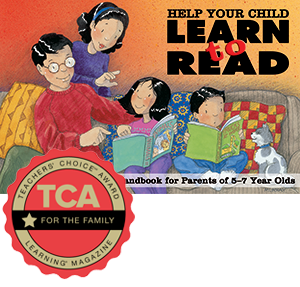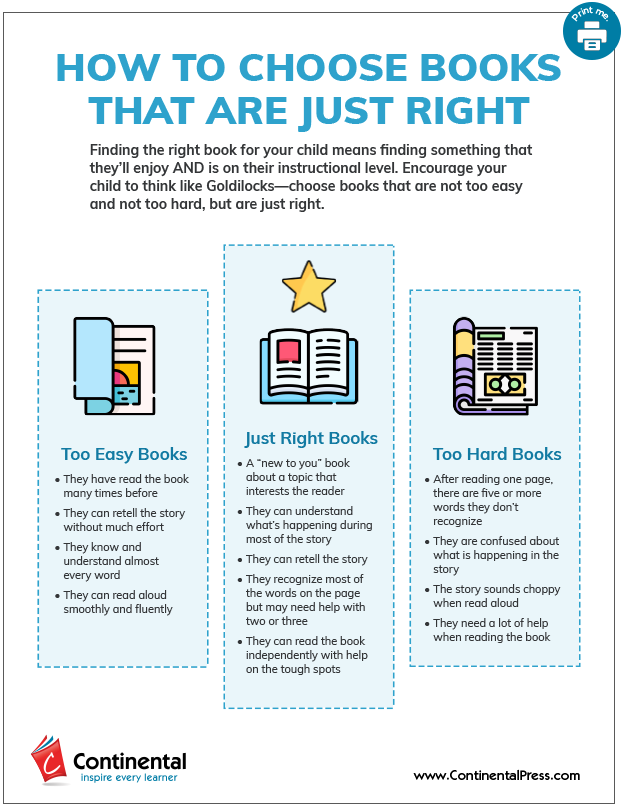Helping Parents Become Better Reading Partners
We’ve discussed previously all the benefits that reading 10–20 minutes every day brings to students. They gain exposure to over 1 million new words per year, score higher on standardized tests, make more progress in all subjects, and are more empathetic and compassionate. Reading every day is important for students in all grades. For children in grades K–2, nightly reading homework will often be an extension of your guided reading program and will require a great deal of parental support.
Parents may find themselves struggling with how they can help their children learn to read. They may feel like they don’t have the right tools or information to be a supportive reading partner. As parents help their children with nightly practice to reinforce your guided reading lessons, they may have some questions for you.

An award-winning book! Help parents understand what's happening when their children are learning to read.
View Product →
1. It seems like my child has memorized the book. Is he really reading it?
Yes! Memorizing is an early skill in the reading process. Early guided reading books can be repetitive or rhyming and, just like a toddler memorizing a nursery rhyme, your child may create his own “rhyme” from the reading materials. Additionally, memorizing repeated phrases or rhyming sections allows young readers to focus their efforts on the changing parts of a story.
2. My child seems to be relying on the pictures and not the words. Should I cover the pictures?
Encourage your child to use the pictures for clues to the story. Covering the pictures in a guided reading book takes away an important context clue for early readers.
3. How can I help my child when she struggles with a word?
There are ways you can offer guidance if you notice your child is stumbling over a word.
- Focus on the beginning and ending letters and the sounds they make.
- Look for chunks within a word that she recognizes (“and” or “ing” in the word “standing,” for example).
- Ask your child if it looks like a word she already knows (talk/walk, cool/pool, for example).
- Read the rest of the sentence for context clues.
- If she reads the wrong word, ask her if it makes sense in the sentence. Ask if that word looks right or sounds right based on the letters of the word.
- After 5–6 seconds, fill in the word for your child.
4. How can I make sure I’m choosing the right books for my child’s reading level?
The guided reading book your child brings home each night is tailored to his/her reading level.
When it comes time to pick a book from the library or bookstore, the process can be tricky, especially due to the vast selection of options. Focus on choosing books that will challenge your child, but not entirely frustrate him. Every reader is different, so look for “just right” books that meet the following criteria for your child.
- Choose a “new to you” book about a topic that interests your child.
- Your child should be able to understand what’s happening during most of the story.
- Your child should be able to retell the story.
- Your child should recognize most of the words on the page but may need help with two or three.
- Your child should be able to read the book independently with help on the tough spots.
With a teacher’s encouragement, parents can help to build a firm foundation for their child’s reading success.


